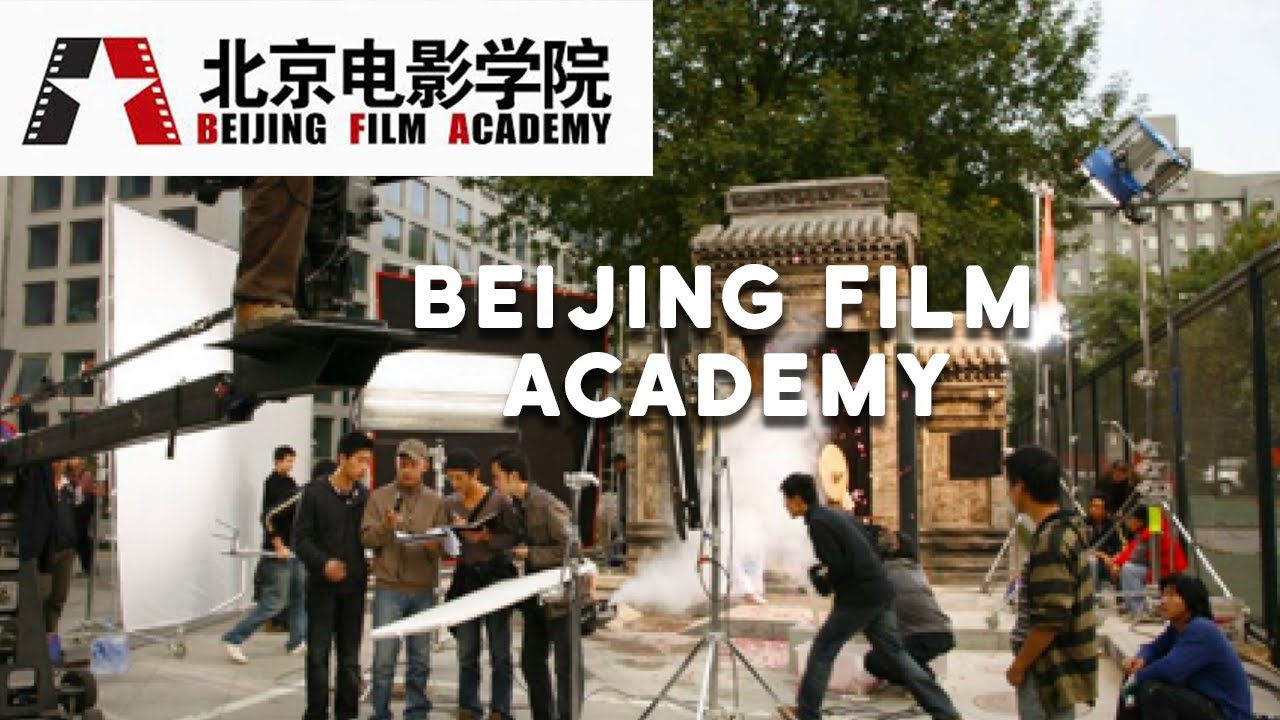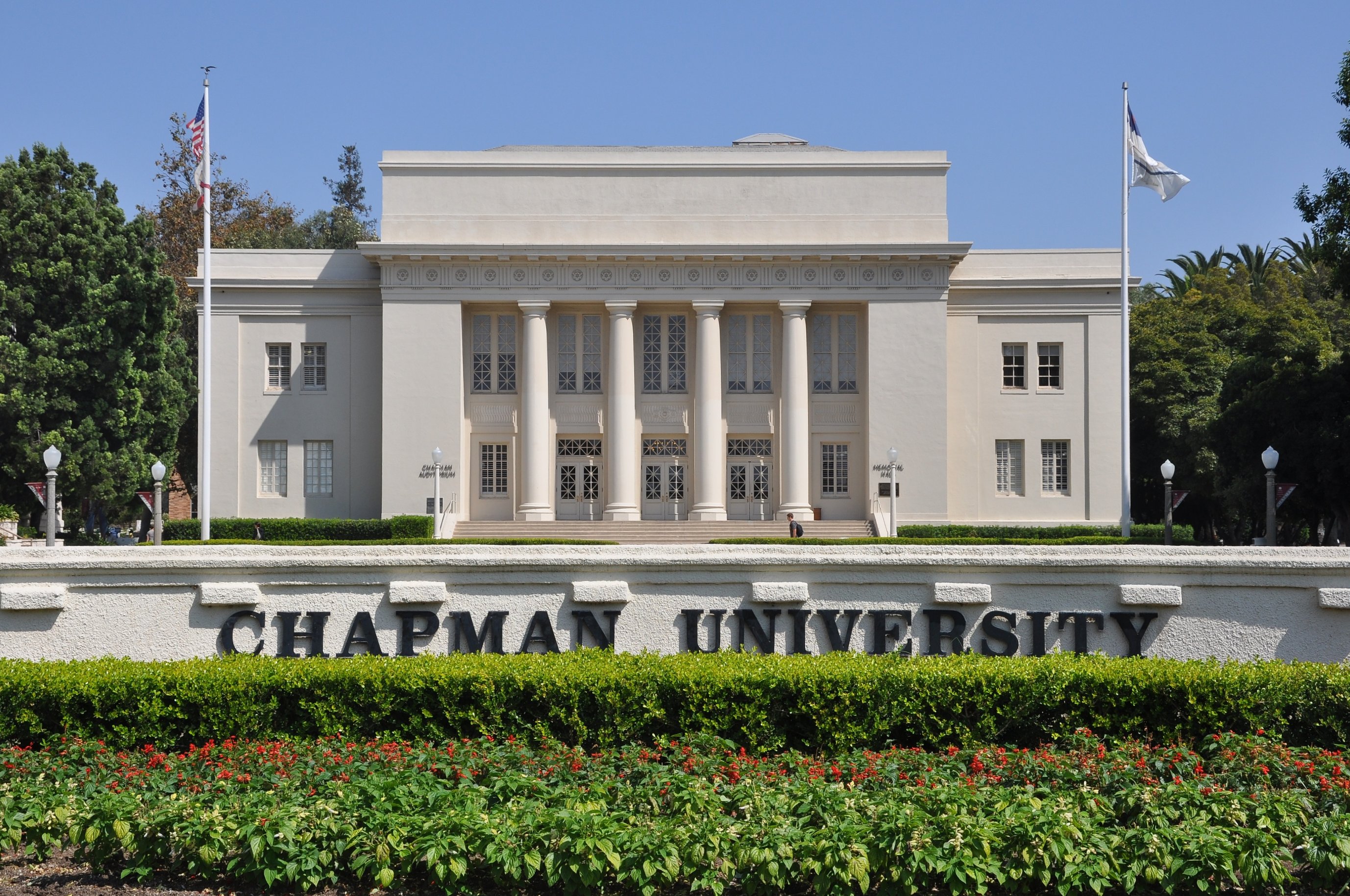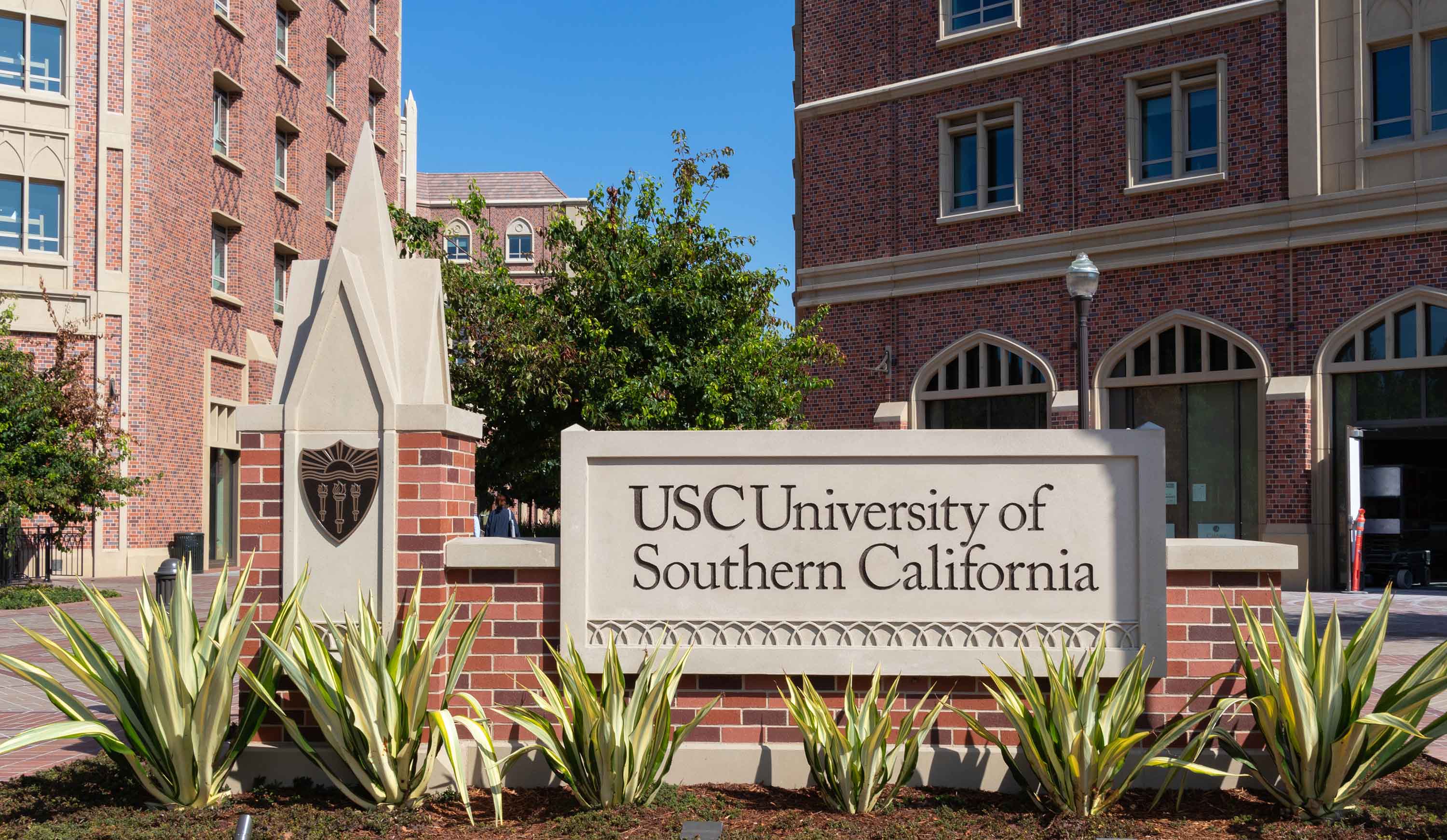Top 10 Best Film Schools In The World 2025
By ICON TEAM | Published on Apr 09, 2025
Llist Of Top 10 Best Film Schools In The World 2025:
The next generation of cinematic storytellers is shaped by the vibrant and competitive world of filmmaking, where technical proficiency, creativity, and industry connections come together. Selecting the best film school can be a crucial step for prospective filmmakers hoping to launch a lucrative career. The top ten film schools in the world in 2025 are notable for their outstanding curricula, illustrious alumni, and state-of-the-art facilities.
1. National Film and Television School (NFTS):

One of the top film schools in the world, the National Film and Television School (NFTS) is tucked away in Beaconsfield, just outside of London. Established in 1971, NFTS places a strong emphasis on experiential learning, with students immersed in real-world filmmaking from the very beginning. From directing and cinematography to sound design and visual effects, the school offers more than 30 specialty MA, diploma, and certificate programs. Small class numbers and access to business professionals many of whom act as mentors or guest lecturers are what distinguish NFTS. The school's impact is highlighted by notable alumni, such as Wallace and Gromit creator Nick Park and Harry Potter director David Yates. NFTS is a great option for individuals looking for a balance between creativity and pragmatism because of its cutting-edge facilities and close connections to the UK film and television industries, which enable students to enter the workforce right away.
2. Columbia University:

The esteemed film department at Columbia University's School of the Arts, situated in the center of New York City, strikes a balance between academic rigor and real-world filmmaking. The program is renowned for emphasizing intellectual inquiry and narrative, and it offers both BA and MFA degrees in film and media studies, screenwriting, directing, and creative producing. Students have unmatched access to internships, film festivals, and networking opportunities in one of the world's entertainment hotspots because to Columbia's urban surroundings. The school's multidisciplinary approach fosters collaboration with various arts disciplines, and the staff is made up of working professionals who offer real-world perspectives to the classroom. Columbia's capacity to produce innovative filmmakers is demonstrated by alumni like Kathryn Bigelow, director of The Hurt Locker. Columbia is a shining example for students looking for a degree that blends in-depth theory with practical output.
3. University of California Los Angeles (UCLA):

Situated in the midst of Los Angeles, the world's entertainment hub, UCLA's School of Theater, Film, and Television is a leader in film education. UCLA is well-known for its prestigious undergraduate and graduate programs, which include degrees in screenwriting, digital media, animation, cinema, and television. With only 1% of applicants accepted into its undergraduate degree, the school's small class numbers encourage a close-knit learning community where each student receives individualized attention. Major studios can't match UCLA's resources, which include top-notch soundstages and editing rooms. Its graduates, such as Alexander Payne and Francis Ford Coppola, have had a lasting impact on film. With solid industry contacts and a curriculum that combines history, theory, and production, UCLA equips students to confidently and competently handle the challenges of contemporary filmmaking.
4. Beijing Film Academy (BFA):

One of the mainstays of China's flourishing film industry is the Beijing Film Academy (BFA), Asia's top film school. BFA was founded in 1950 and admits only a small percentage of its 100,000 applications each year due to its strict admissions standards. With a BFA taught in English to draw in international students, the institution provides a broad range of disciplines, from acting and directing to sound design and cinematography. The impact of BFA may be seen in its graduates, such as filmmakers Chen Kaige (Farewell My Concubine) and Zhang Yimou (House of Flying Daggers), who have influenced how the world views Chinese film. Modern facilities at the institution, like the Digital Art and Technology Research Center, encourage creative filmmaking, and its close proximity to Beijing's film studios guarantees solid industry connections. BFA provides unparalleled chances for students hoping to make a difference in one of the fastest-growing film markets in the world.
5. Chapman University:

The Dodge College of Film and Media Arts at Chapman University, situated in Orange, California, has quickly gained notoriety for its cutting-edge facilities and industry-focused philosophy. Dodge College, one of the most technologically sophisticated film schools in the world, is only an hour from Hollywood and has soundstages, editing rooms, and an LED wall. Students work together on more than 50 thesis films a year and specialize early, selecting from disciplines like television writing, screenplay, or film production. A-list celebrities like Michelle Yeoh and Brendan Fraser frequently visit the institution, which emphasizes practical experience. Chapman's capacity to establish careers is attested to by alumni such as Justin Simien, director of Dear White People, and the Duffer Brothers, writers of Stranger Things. Chapman is the perfect place for students who want to launch their careers in the business because of its extensive financial aid and encouraging atmosphere.
6. University of Southern California (USC):

Founded in 1929, the USC School of Cinematic Arts is a giant in film education and is frequently referred to as the "Hollywood film school" because of its close proximity to Los Angeles and strong industry ties. USC provides an extensive curriculum that accommodates a wide range of interests through its eight academic divisions that span film production, animation, screenwriting, and interactive media. Thanks to large donations from former students like George Lucas, the institution boasts some of the greatest facilities in the world, including an IMAX theater and virtual production labs. Hollywood is dominated by USC alums like Ron Howard and Judd Apatow, whose network is renowned. USC is a top choice for budding filmmakers looking for a direct conduit to the business because of its innovative technology, esteemed faculty, and collaborative environment despite its demanding admissions procedure.
7. American Film Institute (AFI):

With its highly selective two-year MFA program that emphasizes hands-on training in fields like directing, cinematography, editing, producing, production design, and screenwriting, the American Film Institute (AFI) Conservatory in Los Angeles is a filmmaker's paradise. AFI functions as a conservatory, emphasizing practical production over general education, in contrast to traditional universities. During their stay, students create several films under the guidance of seasoned professionals and have access to top-notch equipment. Alumni from AFI, such as Darren Aronofsky and Patty Jenkins, have received praise from critics and won multiple honors; in one year, graduates had 27 Emmy nominations. AFI is a top option for individuals who are dedicated to learning the craft of filmmaking in a concentrated, immersive environment because of its Hollywood location and festival-heavy schedule, which improve networking chances.
8. New York University (NYU):

With more than 5,000 student films produced each year, NYU's Tisch School of the Arts is a legendary East Coast filmmaking force. Tisch, a New York City-based university, provides undergraduate and graduate courses in dramatic writing, cinema studies, and film and television. Its curriculum places equal emphasis on artistic expression and technical mastery. The school's dedication to innovation is demonstrated via the Martin Scorsese Institute of Global Cinematic Arts, which has a virtual production hub. Spike Lee, Lady Gaga, and Martin Scorsese are examples of alumni who demonstrate Tisch's capacity to develop strong, unique voices. Through screenings at esteemed locations like the Directors Guild Theater, internships at major studios, and access to NYC's thriving film culture, NYU offers students a dynamic environment in which to hone their artistic abilities and industry knowledge.
9. Toronto Film School:

With its fast, industry-driven programs that prepare students for employment in cinema, television, and digital media, the Toronto cinema School, situated in Canada's cultural center, stands out. With a focus on practical skills, the school offers diplomas in subjects like acting, screenwriting, and film production. Students can finish projects in as short as 12 to 18 months. Students get access to professional sets and networking possibilities thanks to Toronto's prominence as a major production destination, sometimes referred to as "Hollywood North." The school’s faculty, formed of working professionals, provides real-world expertise to the classroom, ensuring graduates are job-ready. While less focused on academic theory than its rivals, Toronto Film School’s hands-on approach and low tuition make it an intriguing alternative for those seeking to enter the business swiftly.
10. London Film School (LFS):

The London Film School (LFS), a world leader in graduate-level film education, is located in the center of London and is well-known for its collaborative, workshop-based MA programs in international film business, screenwriting, and filmmaking. LFS, which was established in 1956, creates a close-knit environment where students collaborate on several films while playing a variety of parts to develop a comprehensive grasp of the profession. Access to professionals in the field and esteemed events like the BFI London Film Festival is made possible by the school's position in one of the cultural hubs of the globe. Michael Mann and Mike Leigh, two alumni, emphasize LFS's reputation for turning out auteur filmmakers. LFS is ideal for individuals looking for a creative, worldwide perspective on filmmaking because of its broad international student body and curriculum that strikes a balance between theory and practice.
Comments 0